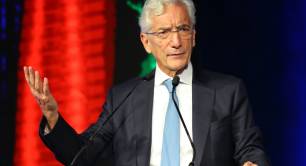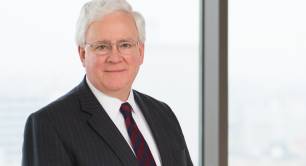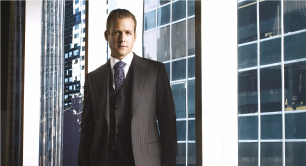Beyond billable hours: the lawyers on standby for an impact revolution
As the ‘impact revolution’ gathers pace, lawyers are assembling to play their part in a new, more purposeful capitalism – with some even drawing up battle tactics, as we heard at the recent ESELA annual conference
Picture someone with the creative vision and rebellious spirit needed to reshape capitalism, and you probably don’t think of a lawyer.
But some in the profession would disagree – especially those attending a conference earlier this month in London, UK, on the role of lawyers in the impact economy, hosted by ESELA – The Legal Network for Social Impact. “We are not just made for billable hours,” half-joked ESELA president Roberto Randazzo. “As lawyers, we have a social role.”
As movements gather pace and attitudes shift, laws embed new norms. From ending slavery to decriminalising homosexuality to environmental regulation, the role of lawyers and the legal system is “irrefutable and irreplaceable”, said Amit Bhatia, CEO of the Global Steering Group for Impact Investment (GSG), speaking at the conference, hosted bythe Marshall Institute for Philanthropy and Social Entrepreneurshipat the London School of Economics. “Law may not change the culture overnight. But law is the conscience. And it has been shaping the public conscience for centuries.”
Law may not change the culture overnight. But law is the conscience. And it has been shaping the public conscience for centuries - Amit Bhatia
Laws passed in one jurisdiction can also influence another, Bhatia pointed out: sanctions imposed under US law in 1986 led to South Africa ending apartheid.
The next frontier, he argued, is turning capitalism into a force for positive change. “Just like slavery and apartheid and colonialism were all once blessed by law and later outlawed, our battle against poverty and inequality and global warming will come down to law.”
A long journey
Central to this vision is the ‘Impact Act’: an idea that has emerged from the thinking of GSG chair Sir Ronald Cohen and which his organisation is driving, together with its 21 national advisory boards and a group of experts from around the world.
Nothing is available yet in writing – first drafts are expected by the end of this year, with more detail coming at the GSG summit in November – but Bhatia said the Act will focus on making annual reporting of impact mandatory “in simple and comparable ways”. GSG has commissioned researchers at Harvard Business School to develop impact-weighted accounting, he said, and the hope is that every business, government and investor will be able to publish annual impact numbers alongside their financial accounts.
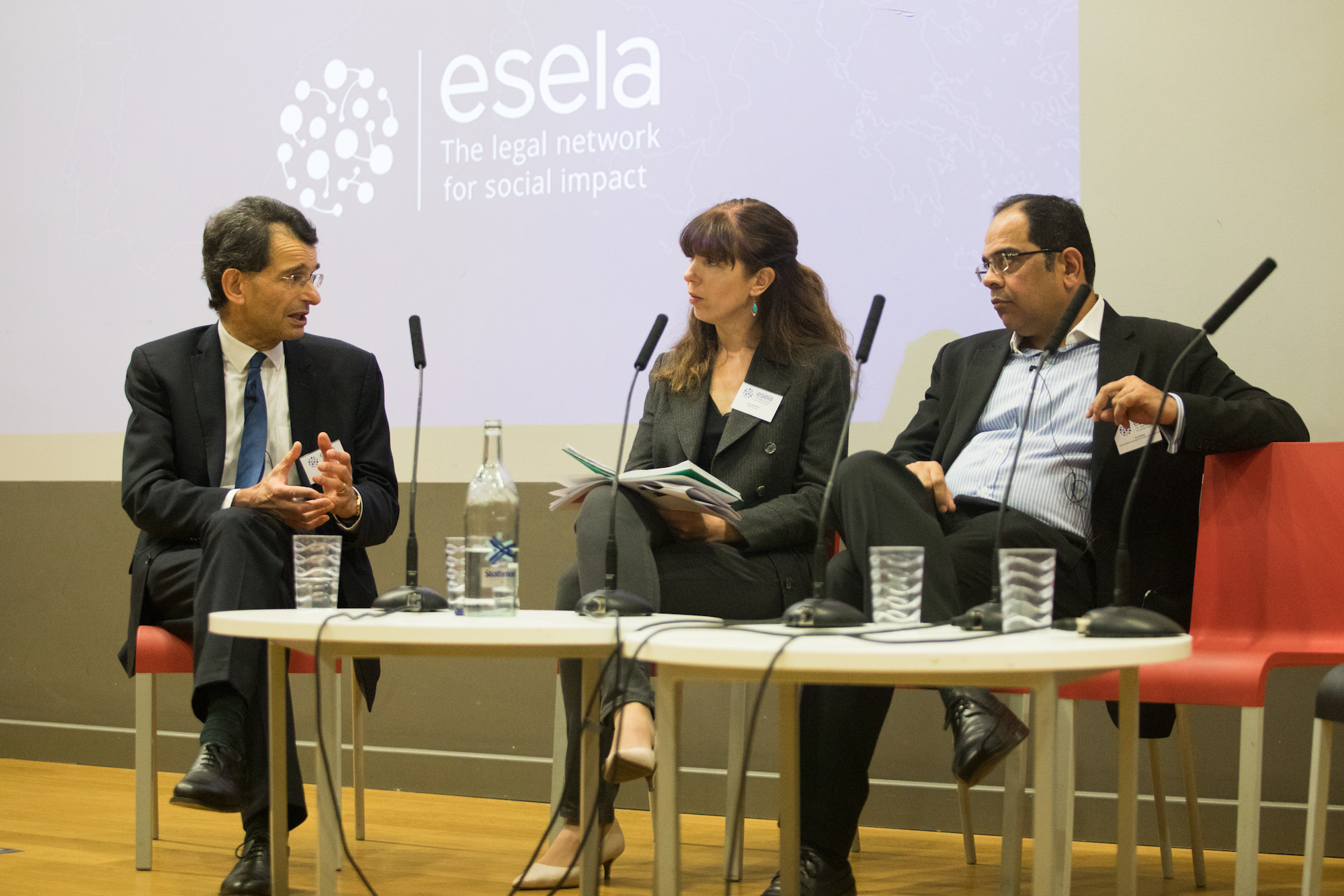
Above: Colin Mayer (Said Business School) Paula Woodman (British Council) and Amit Bhatia (GSG) speaking at the ESELA conference.
Bhatia acknowledged it would be “a long journey” to get the Act widely adopted. “I’ve been talking to finance ministers around the world, and I can tell you, this is not going to be an easy ride,” he said.
But the time appears ripe for change, with even the “poster boys of Capitalism 1.0”, such as BlackRock’s Larry Fink, talking publicly about a new direction for business.
Their rethink may not come quickly enough. Many at the ESELA conference stressed the mere 12 years we have to prevent climate catastrophe, and convincing the majority of businesses to significantly change their practices by then seems unlikely, said Bill Clark, the lawyer who first created benefit corporation legislation. While benefit corporations have in some ways been “extraordinarily successful”, he said, very few publicly-traded companies have adopted the form. “Do we have enough time to evolve at the pace we have so far? My answer, sadly, to that question, is no.”
Ethical customs
The alternative, Clark said, is to “make it difficult for them to object”. His proposed solution comes from an unlikely source: economist Milton Friedman, often quoted as saying that business has a responsibility to “make as much money as possible while conforming to the basic rules of the society”.
But Friedman also goes on to describe those rules as “both those embodied in law and those embodied in ethical custom”. Global benchmarks for ethical behaviour already exist, explained Clark, in the form of the Sustainable Development Goals (SDGs) and the UN Global Compact, a voluntary code of 10 do-no-harm principles for businesses which covers areas like human rights, child labour and corruption.
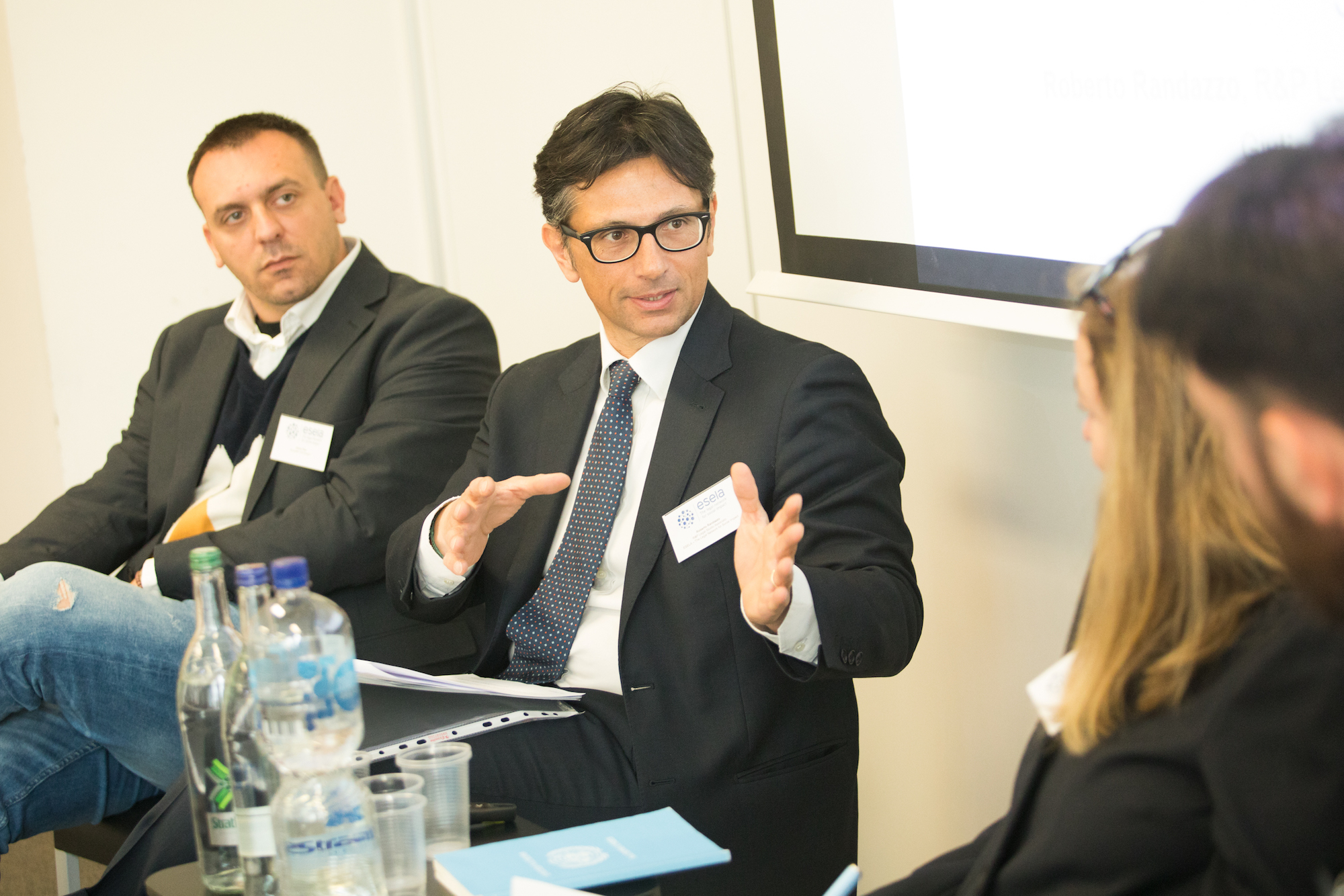
Above: ESELA president Roberto Randazzo speaking at the annual conference.
The retired lawyer has worked with UK law firm Bates Wells to draft a ‘responsible business’ bill that would amend the Companies Act 2006 – the basis of UK company law – in three ways. All companies would be required to ‘do no harm’ and to comply with the 10 principles of the UN Global Compact; they would be required to produce an impact report, setting out the company’s impact on society and the environment; and they would have an option to adapt their company purposes to include advancing one or more of the SDGs.
The bill is a starting point for discussion (Bates Wells is seeking feedback until 10 May). Various questions arose at the ESELA conference. One attendee questioned its effect: “We know that it’s very hard to enforce directors’ duties. Some of what’s in the bill is quite subjective… it seems very difficult to understand how this would really have any teeth.”
We cannot regard the boundaries of the firm as being its legal boundaries any more - Colin Mayer
Others wondered if companies might simply subcontract other businesses to take on any negative impacts. There was no definitive response – but Colin Mayer, professor of management studies at the Saïd Business School, University of Oxford, said problems like these were “not unanswerable”. Rather, they demonstrate why legal reform is so essential: “We cannot regard the boundaries of the firm as being its legal boundaries any more. The firm extends across its supply chain and its distribution chain and has an impact on those, and those have an impact on it.” He added: “Solving the problems of the future is about finding a way to get companies to internalise their externalities. We have to start with the law.”
Revisiting purpose
Mayer, who is the academic lead on the British Academy’s Future of the Corporation project, is a vocal advocate of using the law to change how companies function in society.
“Corporate law is viewed at the moment as being about the rights of shareholders and the fiduciary responsibility of directors to their shareholders,” he said. Instead, “it should be about companies stating purposes and requiring companies to demonstrate that they’re upholding those purposes”.
To some extent this is starting to happen. Italy became the first European country to introduce benefit corporations in 2016; since then around 400 have been created, primarily new companies opting for the new legal form. The ESELA conference took place the day after France formally introduced a new legal status, available to any for-profit company that meets certain conditions: the société a mission, or ‘company with a mission’. Those taking on this status need to define a public purpose alongside their commercial activities, and have a board ensure they’re upholding those purposes.
Alissa Pelatan, a Paris-based attorney, suggested the new status would have limited impact, given there is no requirement for social or environmental impact (a company could choose any purpose–for example, to use only local ingredients), nor to measure impact. But, she told Pioneers Post, this may be a “first step” towards more significant change next year.
Such step-by-step evolution may be more likely than a full-scale ‘revolution’– a term which, in any case, makes some feel uncomfortable. But some lawyers, at least, consider themselves firmly part of the movement. Julie Wynne, vice-president of ESELA and a partner at Swiss law firm Froriep, said lawyers in traditional firms could educate their colleagues – showing them that pursuing social impact is “not just fun”, but genuinely needed and requested by customers – and even influence clients to think more deeply about their work. For Wynne, the role of individuals like her is clear. “I’m more than a lawyer,” she said, “I want to be seen as a changemaker.”
Header image: Delegates at the ESELA conference.

